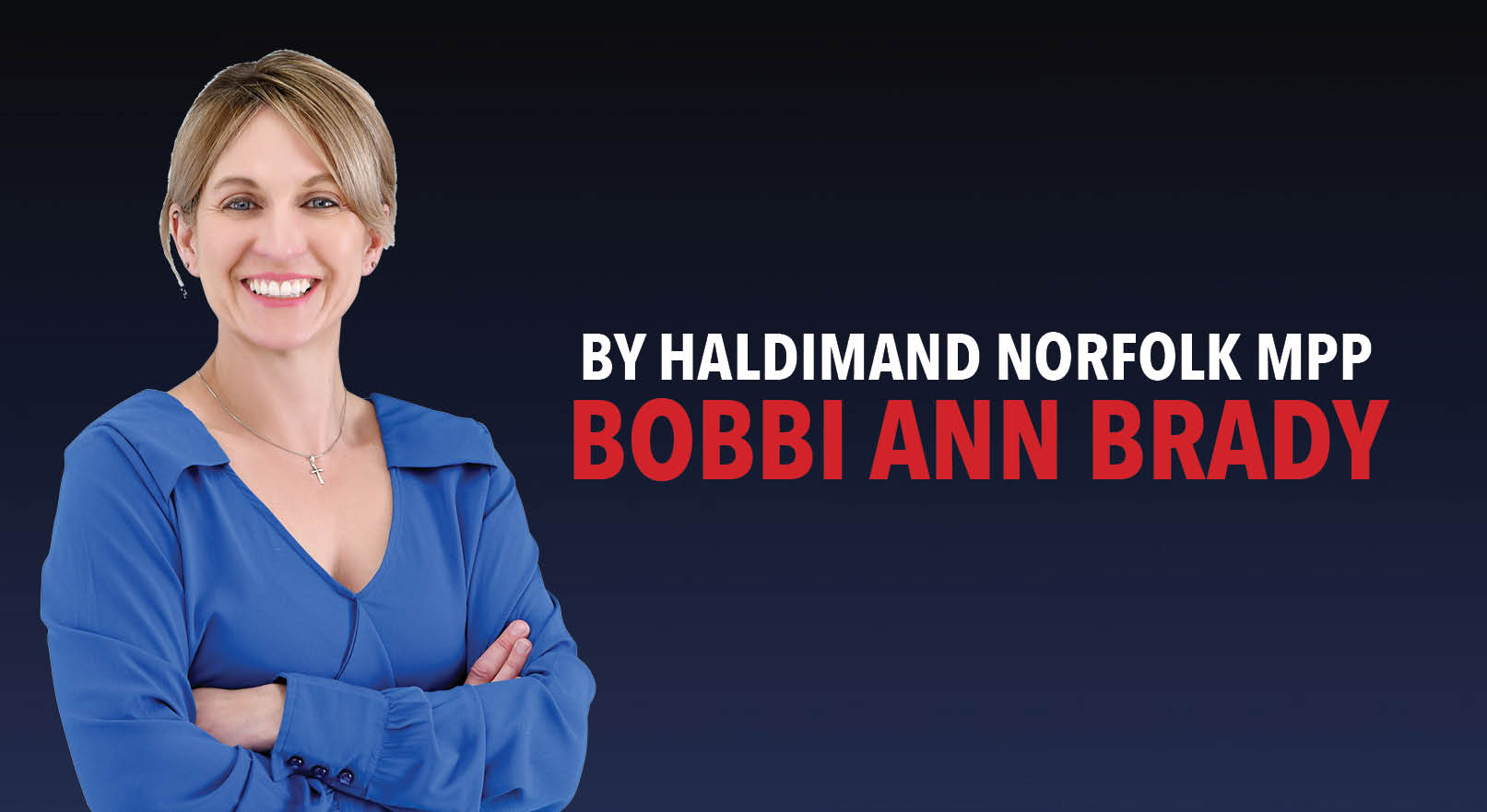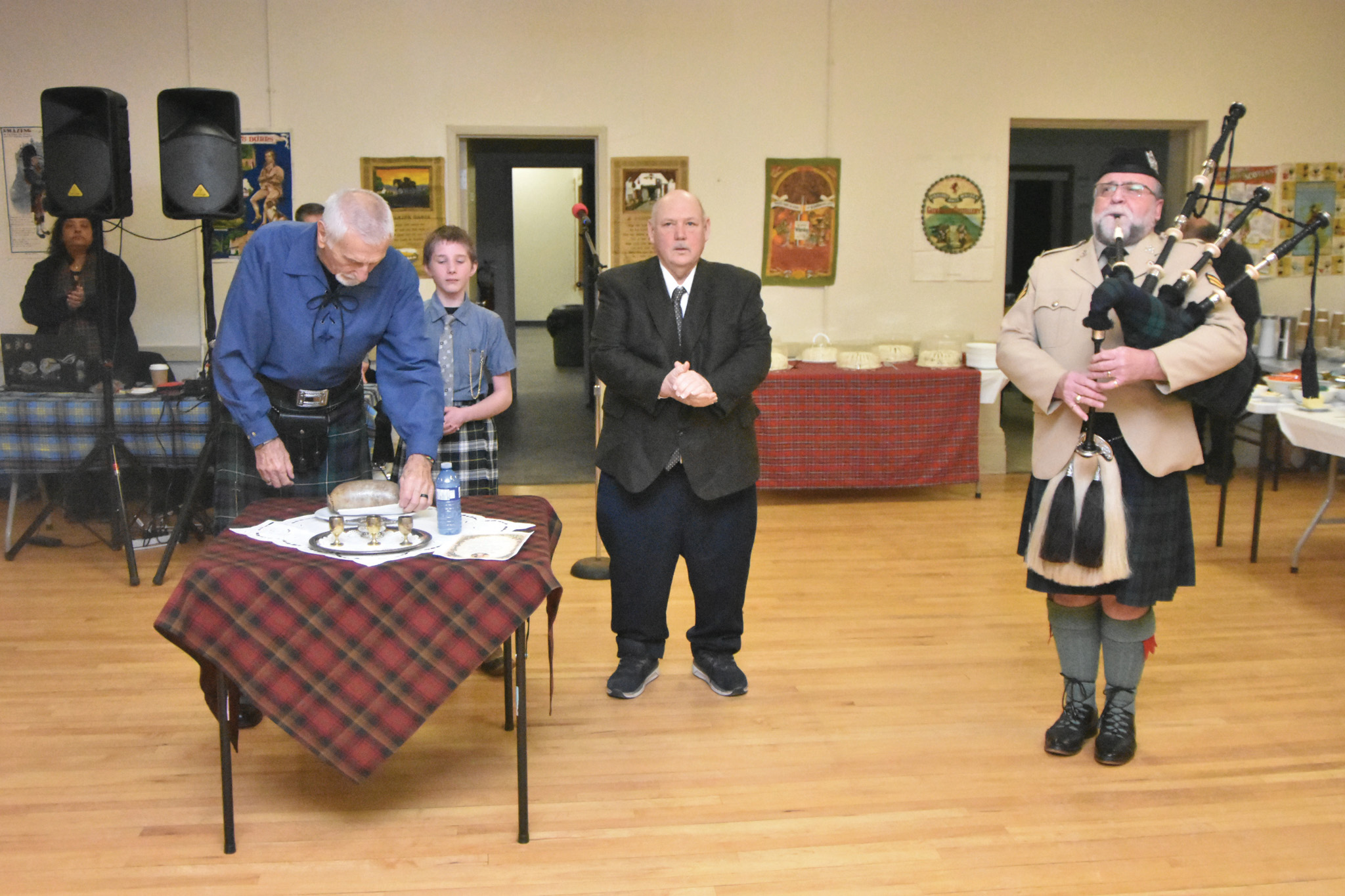
Last week, I wrote about my prediction for the elimination of school board trustees. I described how governments deliberately create or exaggerate a situation or problem so they can then implement a predetermined solution taxpayers might not otherwise accept.
That column’s conclusion was today, the school board trustee; tomorrow, the municipal councillor. It’s a slippery slope toward the demise of democracy, and as taxpayers, we will not know what we had until it is gone.
At the beginning of May, the Ford government introduced Bill 9, Municipal Accountability Act, 2025, which if (no doubt it will be) passed will enable the creation of a new, standardized code of conduct, mandatory code of conduct training for members of council and local boards, as well as an integrity commissioner inquiry process that would be consistent across Ontario.
It all sounds great until you realize a key pillar of the legislation creates a mechanism to remove council members from office if they are found to have committed “egregious” acts, contrary to the municipality’s code of conduct. What is the definition of “egregious?” That’s where things get a little scary in a democracy, and this should be highly concerning to everyone.
Imagine a vindictive government that doesn’t like the way things are unfolding in a municipality and decides they will get rid of those they don’t like at the council table. You can likely see where I’m going with this, given the local politics of late.
Despite hearing from many elected officials and key stakeholders, the Ford government refuses to make changes or amendments where the final decision to remove an elected official would be up to a judge. Municipal councillors should not vote on whether to eliminate a colleague from council, given that they are not judges and their colleague was elected by taxpayers. Only the taxpayer should decide at the ballot box in the next election – that is democracy.
According to Grimsby Councillor Veronica Charrois, language contained within Bill 9 is dangerously vague and open to subjective interpretation. “Without precise definitions, this clause could be exploited in politically divided councils,” Charrois told the Standing Committee on Heritage, Infrastructure and Cultural Policy during public hearings on Bill 9. “For example, in my case, a high volume of minor or politically motivated complaints could be misconstrued as constituting harm.” True.
I appreciated Charrois’ final words on the issue at committee: “Bill 9 should aim to enhance ethical conduct in municipal government, not empower political factions to remove dissenting voices. I fully support the principles of accountability and integrity, but these must be balanced with fairness, due process, and safeguards against political weaponization.”
Over the past three weeks, I’ve been contacted by several municipal mayors and councillors who are fed up with the broken system. Many have expressed that they are financially drained from attempting to defend themselves and are now paralyzed by fear as they sit around the council table awaiting the next complaint. Will Bill 9 fix the kangaroo court in place now? The short answer is no, as it is fatally flawed.
Municipal elected officials are also not protected by a professional regulatory body the way a lawyer, doctor, nurse, or police officer might be, and you can see how this becomes a problem when an elected official might make an error simply because they did not know and were not trained.
We need to reform the broken and unethical practices of municipalities. Bill 9, however, continues to politicize the integrity process, rather than depoliticize it. I cannot help but wonder if this tinkering is the government’s deliberate creation of a crisis to usher in more centralized power and decision-making.





